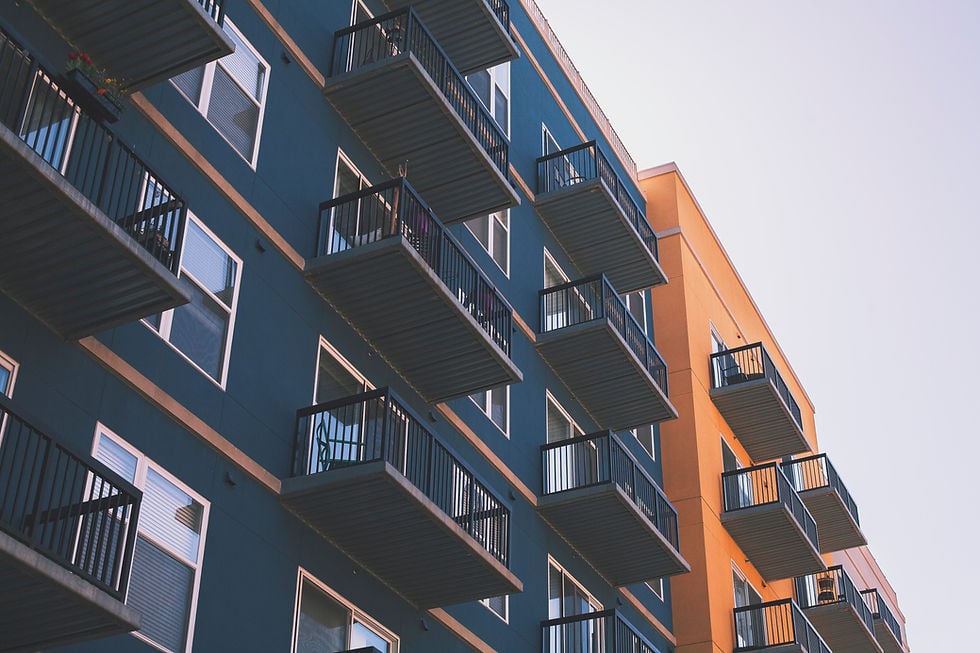Discover the numerous advantages of investing in multifamily real estate and learn how to maximize...
The Effects of Gentrification on Multifamily Real Estate Investing

Gentrification is a complex phenomenon that can positively and negatively impact real estate markets. Let's explore how it can influence multifamily investing:
Increased Property Values:
Gentrification often leads to increased demand for housing in formerly neglected neighborhoods. Property values tend to rise as these areas undergo revitalization benefiting early investors who purchase multifamily assets at lower prices. REL's multifamily underwriting software can help you identify potential gentrification hotspots, enabling you to make strategic investment decisions.
Rent Growth Potential:
With gentrification, rental demand typically surges due to new residents moving into the area. This increased demand can increase rental rates, resulting in better cash flow and improved returns on multifamily investments.
Reduced Vacancy Rates:
As neighborhoods improve, vacancy rates in multifamily properties often decline. More people want to live in these revitalized areas, leading to a higher tenant retention rate and reduced turnover costs.
Neighborhood Transformation:
Gentrification can completely transform a neighborhood, attracting new businesses, restaurants, and amenities. The improved quality of life can further enhance the appeal of multifamily properties in these areas, attracting higher-quality tenants and driving demand.
Potential for Community Tensions:
While gentrification brings positive changes, it can also generate tensions within the existing community. The displacement of longtime residents and businesses is a significant concern. As an investor, it's essential to be sensitive to these issues and consider ways to support community integration and preservation.
Government Incentives:
Local governments sometimes offer incentives and tax breaks to encourage investment in gentrifying neighborhoods. Being aware of such programs can provide additional financial benefits to investors.
Risk and Timing:
Investing in areas undergoing gentrification comes with some risk. The process can be slow, and there are no guarantees of success. Thorough market research, careful analysis, and using REL's multifamily underwriting software can help you make well-informed decisions and minimize risks.
Long-Term Investment Potential:
Gentrification is often a long-term process, and investors with patience can reap significant rewards. Holding onto multifamily properties in gentrifying neighborhoods can lead to substantial appreciation and cash flow.
As multifamily investors, understanding the effects of gentrification is crucial for making informed decisions. By staying informed and utilizing REL's multifamily underwriting software, you can navigate the complexities of gentrification and position yourself for success in dynamic real estate markets.
Visit our website at www.realestatelab.com to learn more about REL and discover how our multifamily underwriting software can support your investment journey. Stay tuned to our blog for more valuable insights and best practices related to multifamily investing.


